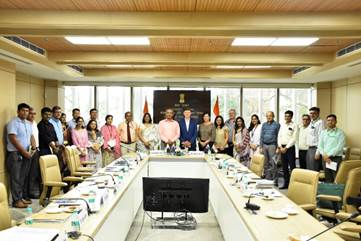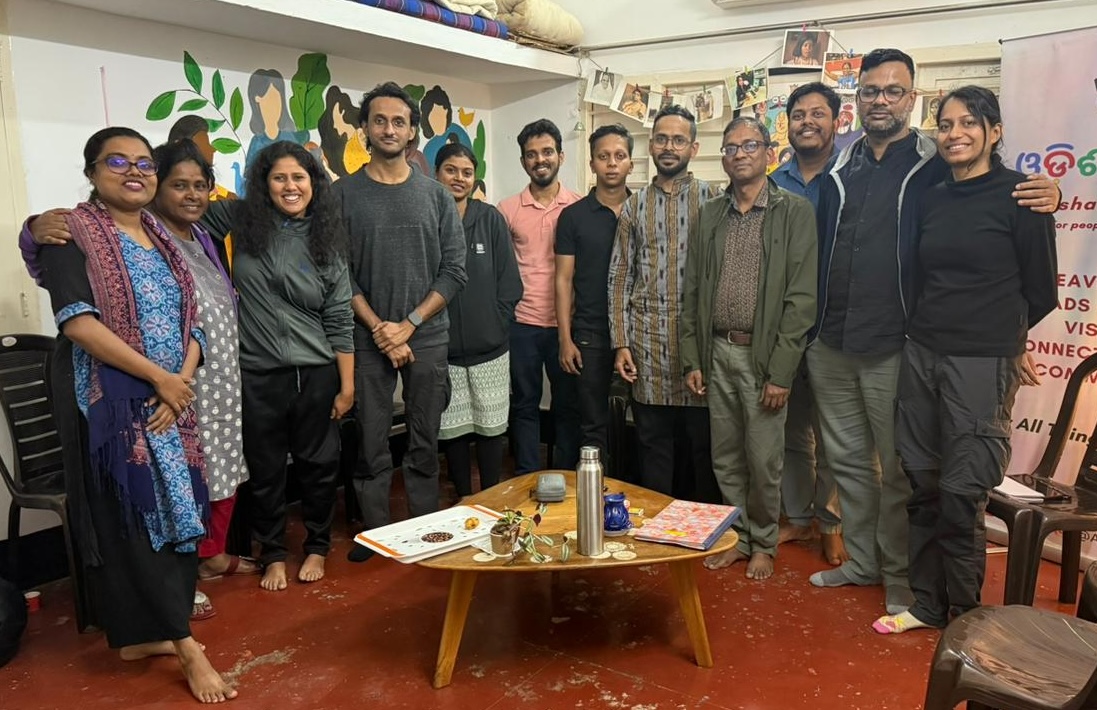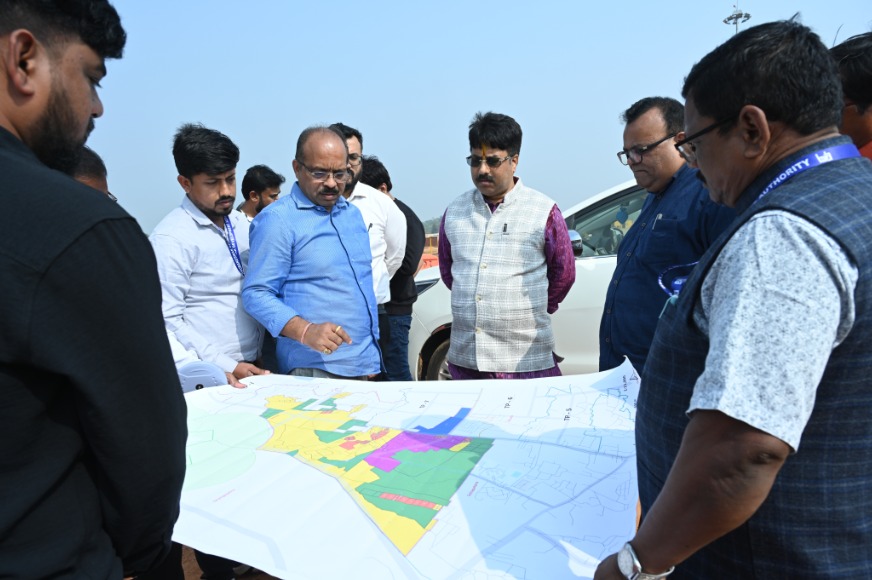New Delhi: The Ministry of Skill Development and Entrepreneurship (MSDE), in collaboration with the Australian Government, hosted a comprehensive and productive roundtable today to discuss the learnings from the Australia-India Critical Agriculture Skills Pilot Project. The roundtable, led by Atul Kumar Tiwari, Secretary, MSDE, and Mathew Johnston, Minister Counsellor for Education and Research at the Australian High Commission, focused on scaling the initiative and replicating the model in other sectors.
The event saw the participation of representatives from several key organizations, including the National Council for Vocational Education and Training (NCVET), National Skill Development Corporation (NSDC), Indian Council for Agricultural Research (ICAR), Ministry of Education (MoE), and Agriculture Skill Council of India (ASCI).
Envisaged in March last year, the project came to fruition after extensive consultations with experts, government bodies, research organizations, multilateral organizations, non-profits, and industry associations. The scoping study involved face-to-face and virtual consultations with 89 experts from 64 organizations and a review of various government reports. These efforts led to the identification of 107 emerging job roles, from which five critical roles were selected for the pilot projects.
The Agricultural Skill Council of India (ASCI) and Skills Impact (Australia’s equivalent industry body) aligned qualification standards for these roles, which were approved by NCVET. The six pilot projects, nearing completion, have been implemented in Andhra Pradesh, Maharashtra, Tamil Nadu, and Telangana. The new and emerging job roles include:
- Digital Agriculture Extension Promoter
- Carbon Farming Practitioner
- Livestock Green Management Promoter
- Organic Farm & Business Promoter
- Integrated Farming Practitioner
These roles align with Sustainable Development Goals, focusing on climate action, reduced inequalities, quality education, and industry innovation & infrastructure.
Speaking on the occasion, Atul Kumar Tiwari highlighted the successful outcomes of the collaboration between India and Australia in vocational education and training. He emphasized the significance of the agriculture sector in the Indian economy for ensuring food security and employment. Tiwari expressed optimism about continuing the momentum and extending similar initiatives to other sectors.
Mathew Johnston echoed these sentiments, praising the collaborative efforts and the potential for further skill cooperation between India and Australia, particularly in new-age courses tailored to the changing needs and demographics of both nations.
The course content for the pilot project roles has been developed by a consortium of organizations, including ICAR, Mahindra & Mahindra, Australian College of Agriculture & Horticulture (ACAH), Centre of Sustainable Agriculture (CSA), Ironwood Institute, National Skill Foundation of India (NSFI), Aventia Institute, Aga Khan Rural Support Programme, and Carbon Friendly.
Australia remains a key partner for India, with both countries working together on capacity building and training. Following the guidelines of NEP 2020, India has introduced initiatives to promote the internationalization of education, including regulations for joint/dual/twinning degrees and a draft regulation for setting up campuses of foreign universities in India.





